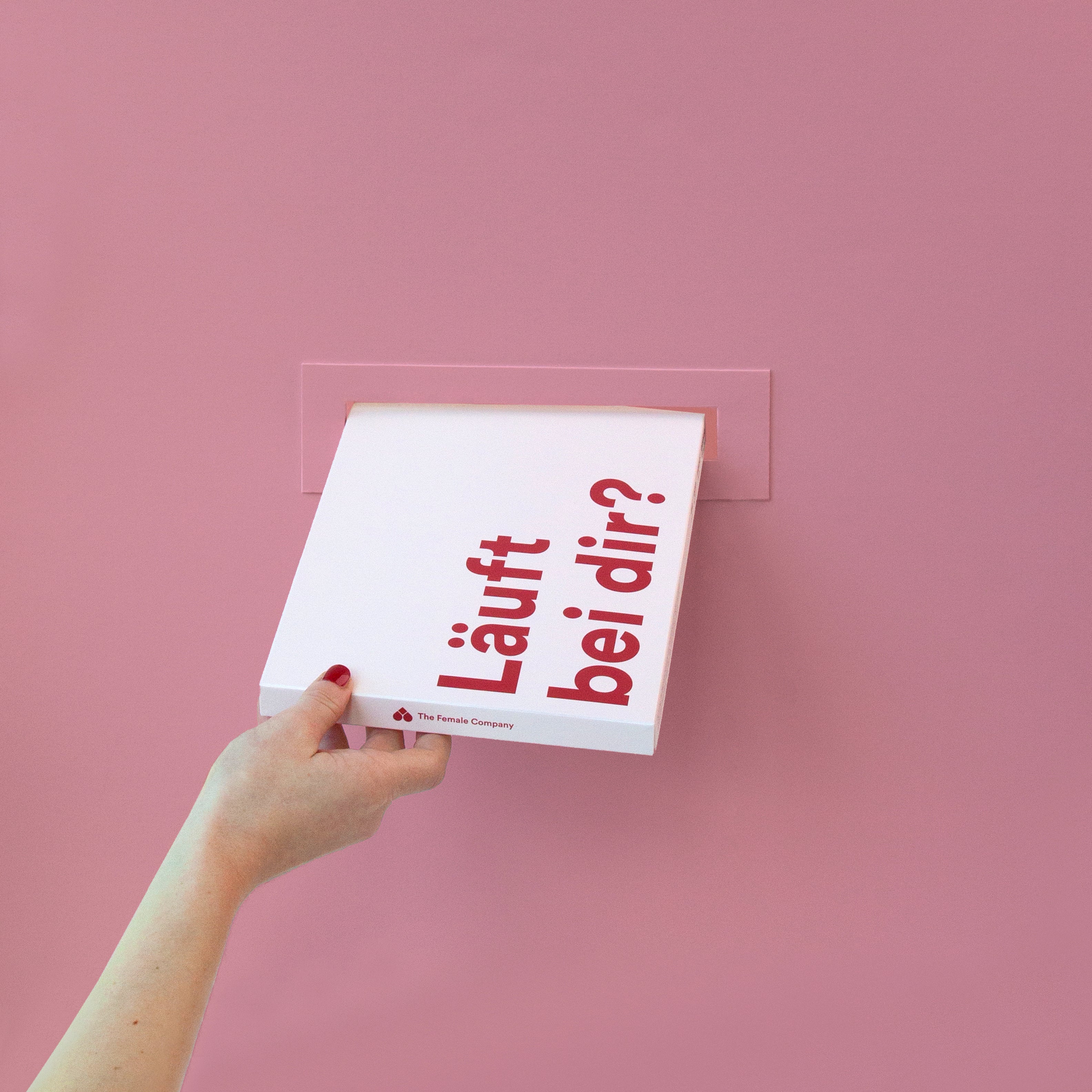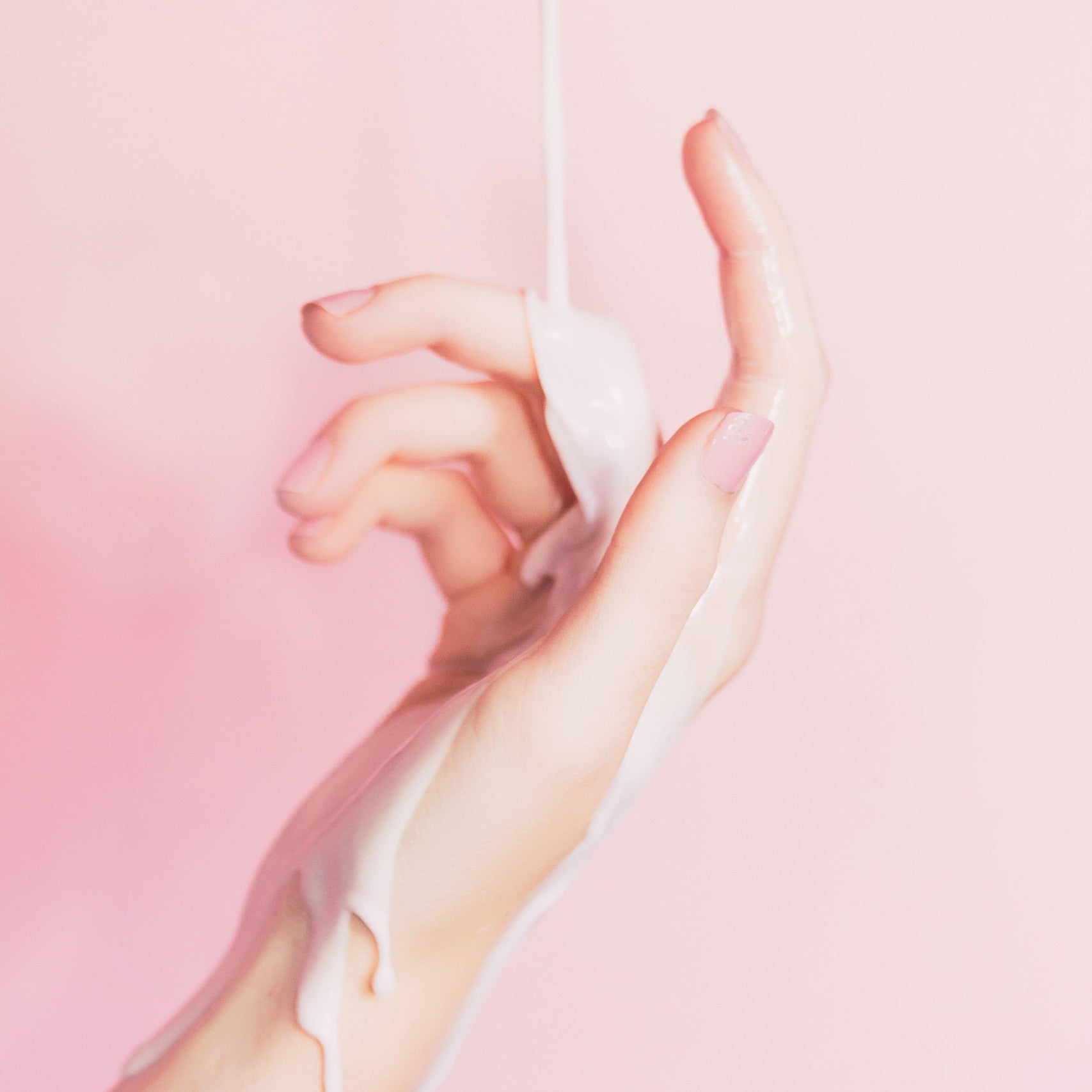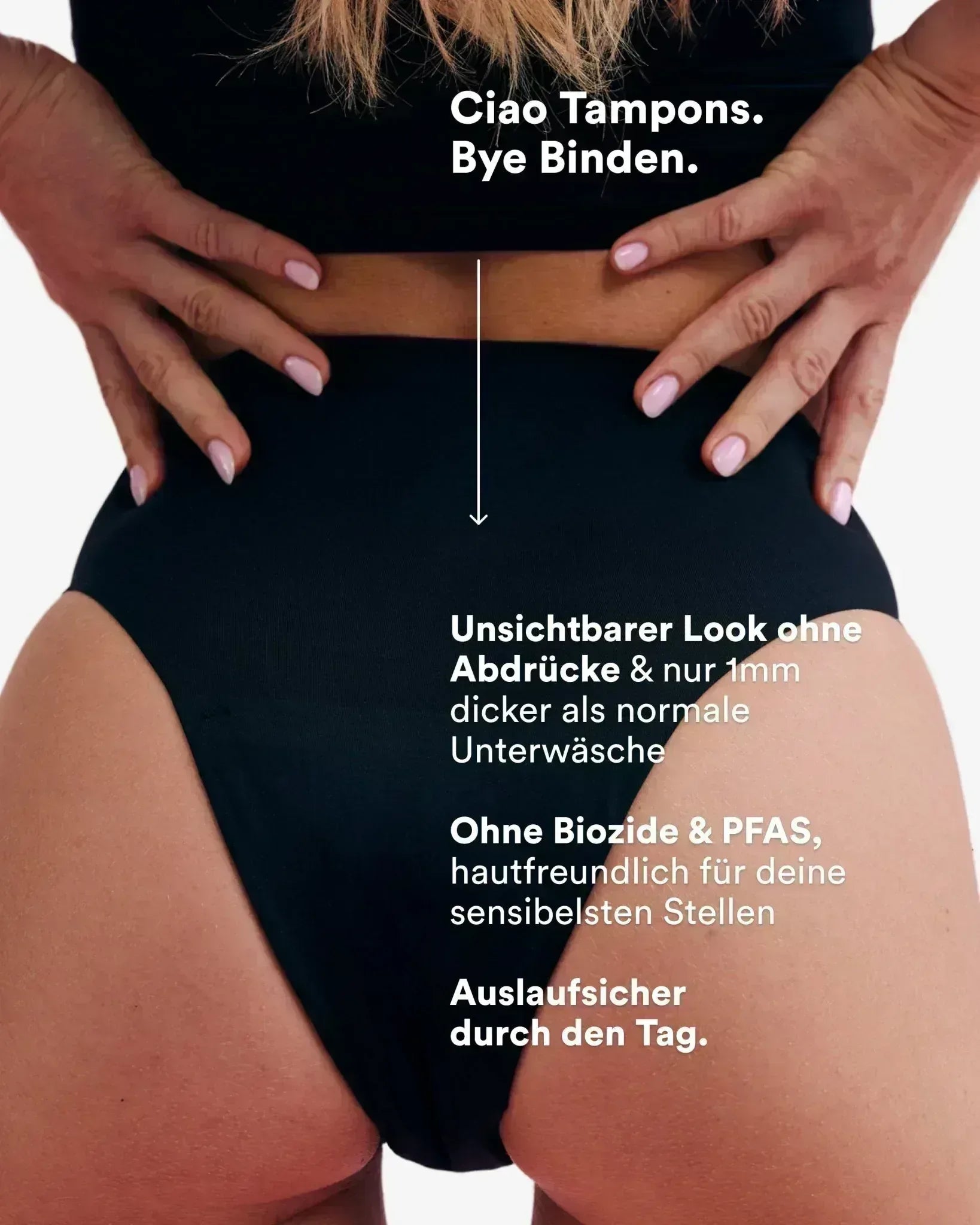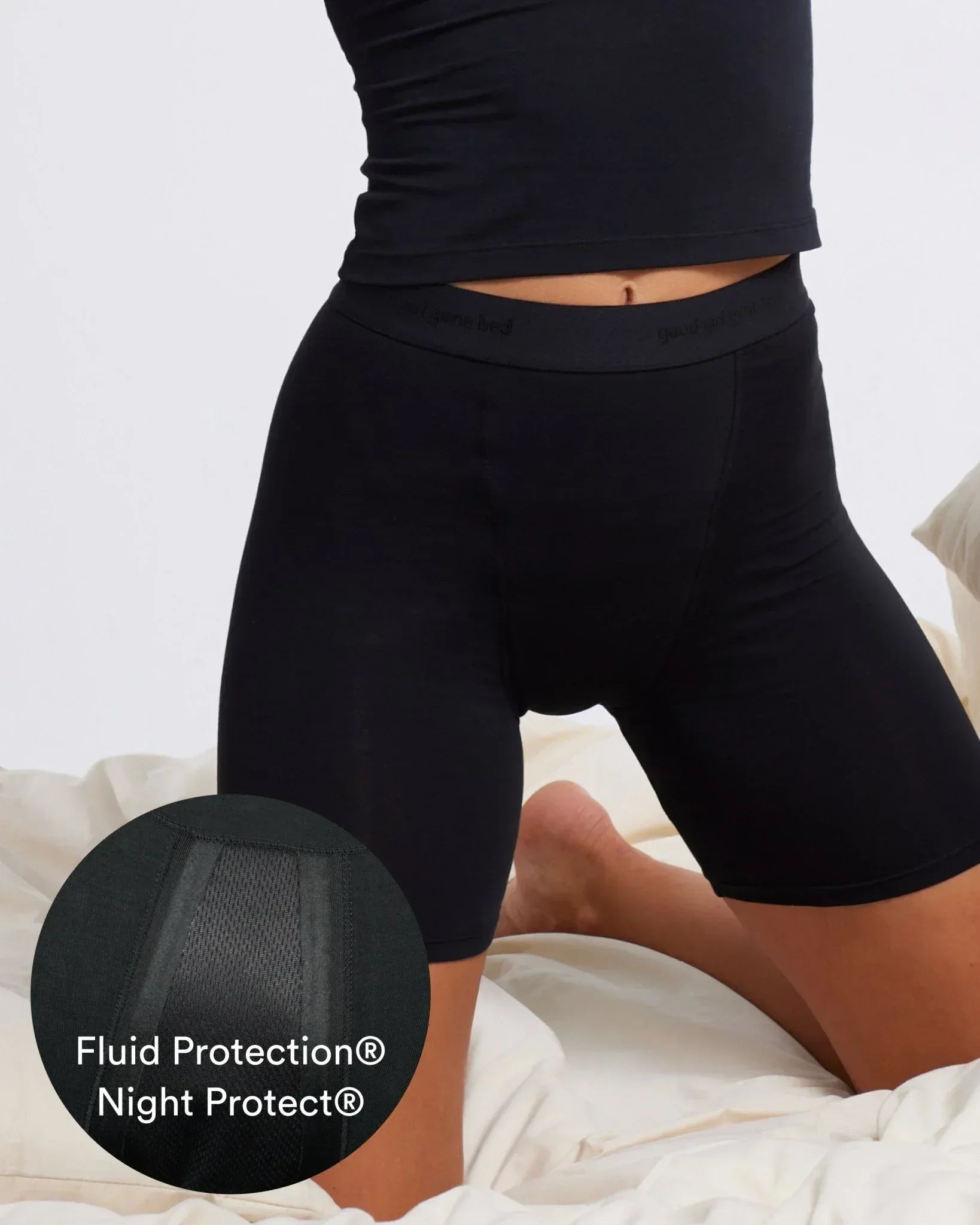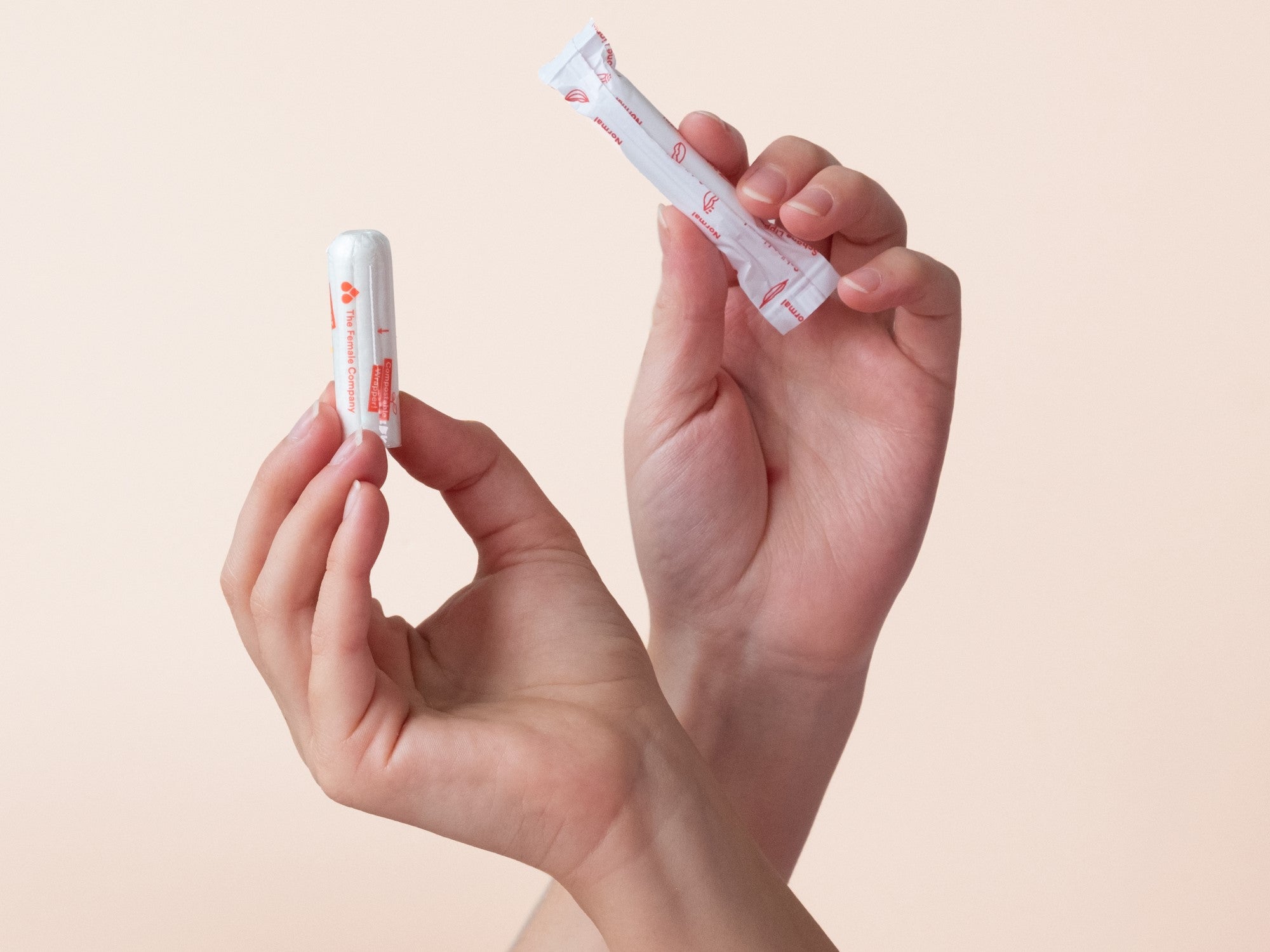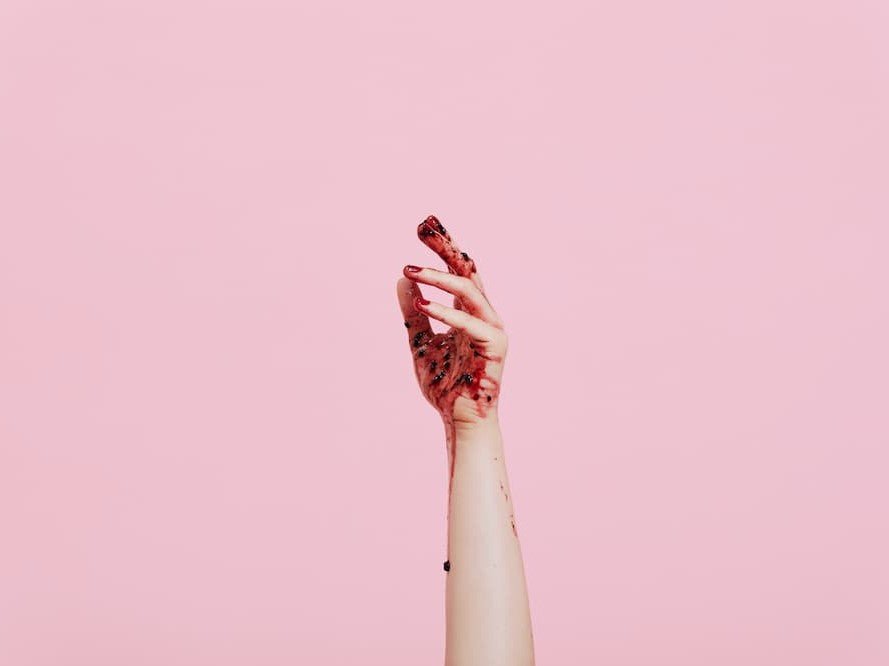Koagel, what ??! You heard correctly: KOAGEL. This is not a new brand of toothpaste. We will tell you more about our self-proclaimed favorite topic.
We are not at a loss for explanations …
Nevertheless, a little theoretical introduction so that none of you can claim that we just made this up.
Summary
Many of you have probably seen a clot in your underwear.
A clot is a blood blister made up of red blood cells.
Clots often occur in women who menstruate heavily.
Table of contents
Contents
1. What is clot period?

A clot or coagulum (from Latin coagulare = 'to clot'; plural coagula) is a gelatinous blood bubble made up of red blood cells (erythrocytes), white blood cells (leukocytes) and platelets that is formed by blood clotting.
So dry, so good. And now in plain English: clots are blood clots or lumps that your vagina excretes. Sometimes larger, sometimes smaller - but always a collection of blood components and a type of mucus.
They can occur during your period, especially if you have heavy periods . But they can also occur as intermenstrual bleeding or during the postpartum period. (Incidentally, they can also occur with nosebleeds, but we're talking about the vulva).
In extreme cases (for example after childbirth) the whole thing can look like this – but clots during menstruation can also be much smaller.
2nd period with clots
Clots during your period can indicate a very heavy menstruation . You can find out here when a very heavy period is referred to (medically also called hypermenorrhea ).
Reason to worry? Not at first. We have all experienced heavy bleeding at some point. Only when heavy periods become a permanent condition should you consult your gynecologist about possible causes.
There are various possibilities, from benign myomas to adhesions in the uterus. However, the blood clots themselves are no cause for concern!
By the way: Even if you have clots, you can easily use organic tampons . We recommend that you always use organic cotton that has been grown without pesticides. Alternatively, you can of course also use other period products, we stand for absolute freedom of choice - have you ever tried our panties ?
3. Blood blisters with spotting
Spotting , or intermenstrual bleeding, is bleeding that occurs outside of your period.
This can also indicate cycle fluctuations, but in most cases these spottings are harmless. But what do they have in common with clots?
When spotting occurs, small mini clots can often be observed, which do the bleeding justice. Otherwise, this form of clot is usually the most inconspicuous. The spotting typically disappears after 1-2 days .
Et voilà!
4. Blood clots during pregnancy
As always and in the first instance: Don't panic! You should of course get light bleeding during pregnancy checked out, but it doesn't necessarily mean the worst. If you're physically well and your baby's heartbeat is strong, there's nothing to worry about.
The motto is often to rest and reduce stress to a minimum .
In the case of severe bleeding combined with coagula, a visit to the clinic is the next step and essential! Here you will be examined thoroughly and appropriate therapy will be initiated. You will usually be prescribed bed rest for several days (sometimes even weeks).
5. Clots and lochia
Did you know : Discharge is also responsible for the light stains in your underwear. Find out what this is all about here .
We probably don't need to explain again that the first few days of the postpartum period are a bloody affair .
The lochia is flowing and that's a good thing, because a blockage in the lochia is just as off-putting as if there is too much flowing all at once. As always: it's all in the mix .
In addition to blood, the lochia contains uterine lining, mucus, and sometimes bacteria and lymph fluids.
Through the contractions of the uterus, these fluids are transported out of the body, your uterus becomes smaller again and the lochia also steadily decreases.
From time to time, small or large blood clots may be excreted . This is not a cause for concern, but if this happens frequently, you should definitely inform your midwife or gynecologist .
Our midwives Anja and Marie say: "The postpartum period does not have to be even. But it should not suddenly stop from one day to the next! If that happens, you may have a lochia blockage that definitely needs to be examined by a doctor or midwife."
